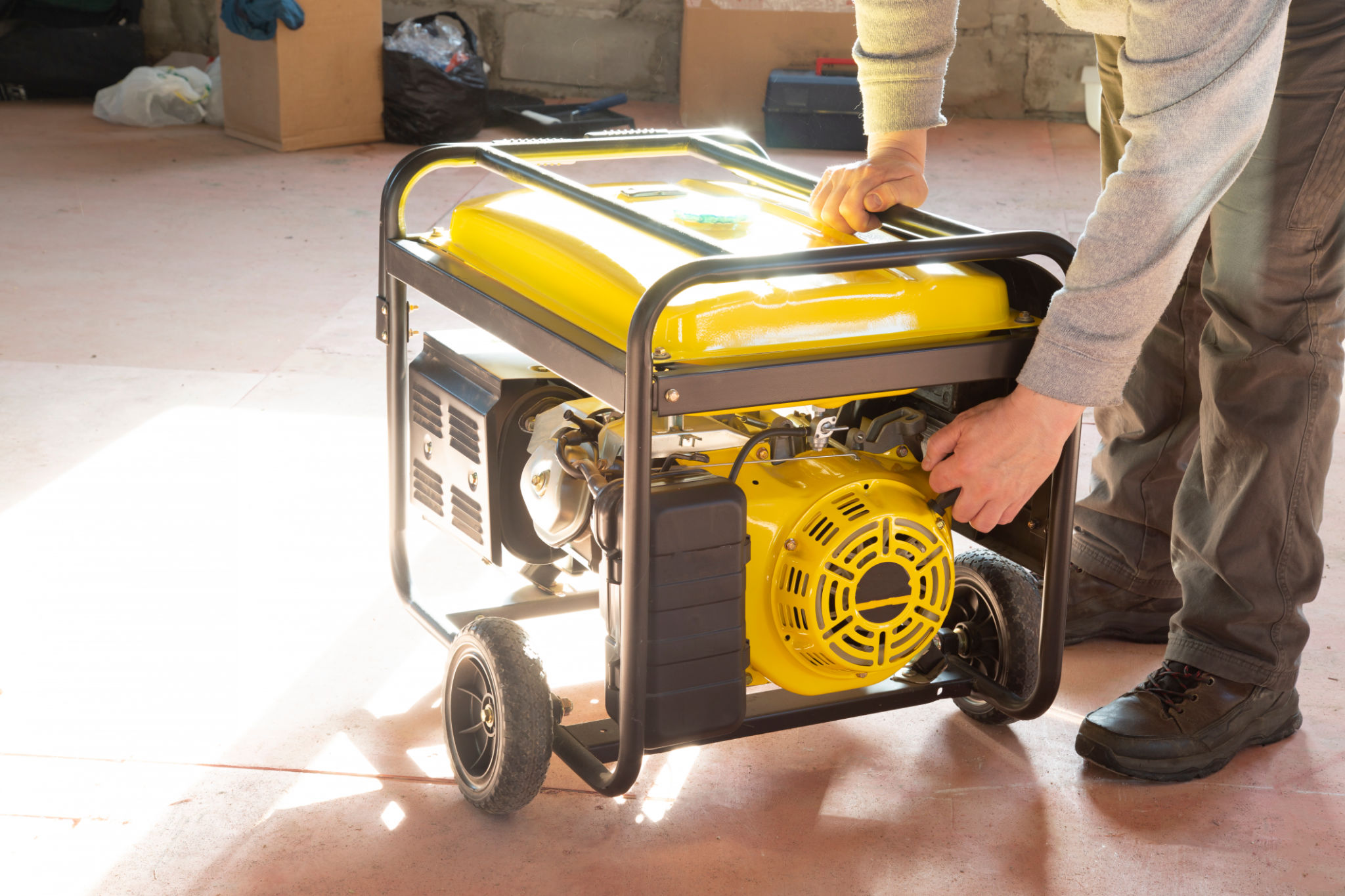Comprehensive Guide to Choosing the Right Generator for Your Home
Understanding Your Power Needs
Choosing the right generator for your home starts with understanding your specific power needs. Begin by identifying the essential appliances and systems you want to keep running during a power outage. These typically include refrigerators, heating and cooling systems, and lighting. Once you've identified these, calculate the total wattage required to power them. This will help you determine the generator capacity you need.
It's important to remember that some appliances require more power to start up than they do to run continuously. This is known as starting wattage, and it's crucial to factor this into your calculations to avoid overloading your generator.

Types of Generators
There are several types of generators available on the market, each with its own advantages and disadvantages. Portable generators are a popular choice for their affordability and ease of use. They are ideal for short-term power needs and can be moved as needed. However, they usually require manual setup and fueling.
Standby generators, on the other hand, are permanently installed outside your home and automatically turn on during a power outage. They are more expensive but provide seamless power supply without manual intervention. Consider your budget, lifestyle, and frequency of power outages in your area to decide which type is best for you.

Fuel Types
The next consideration is the type of fuel your generator will use. Common options include gasoline, diesel, propane, and natural gas. Gasoline-powered generators are widely used because gasoline is easy to obtain but may not be suitable for long-term outages due to its limited shelf life.
Diesel generators are more fuel-efficient and durable, making them ideal for heavy-duty use. However, they tend to be noisier and more expensive. Propane and natural gas generators offer a cleaner burning option and can be connected directly to existing gas lines, providing a continuous fuel supply.

Key Features to Consider
When selecting a generator, consider additional features that can enhance its functionality and ease of use. Look for models with electric start options, which eliminate the hassle of manual pull-starting. Noise levels are another key consideration; quieter models are ideal for residential areas.
Automatic transfer switches are a valuable feature for standby generators, as they enable the unit to automatically switch on during an outage. This ensures a seamless transition and minimizes disruption to your daily life.
Installation and Maintenance
The installation process varies depending on the type of generator you choose. Portable generators require minimal setup but need to be placed in well-ventilated areas away from windows and doors due to carbon monoxide emissions. Standby generators require professional installation, as they must be connected to your home's electrical system.
Regular maintenance is crucial to ensure your generator operates reliably when needed. This includes checking and replacing oil, cleaning air filters, and testing the system periodically. Follow the manufacturer's guidelines for specific maintenance schedules.

Budgeting for Your Generator
Your budget plays a significant role in determining which generator is right for you. While it's tempting to opt for the most affordable option, consider the long-term benefits of investing in a higher-quality model. More expensive generators often offer better efficiency, durability, and features that can save you money in the long run.
Additionally, factor in the costs of installation, fuel, and regular maintenance when budgeting for your generator purchase. Doing so will give you a clearer picture of the total investment required.

Conclusion
Selecting the right generator for your home is a crucial decision that requires careful consideration of various factors including power needs, types of generators, fuel types, features, installation, maintenance, and budget.
By understanding your specific requirements and exploring available options, you can make an informed decision that ensures reliable backup power during emergencies. Investing time in research and planning upfront will pay off when you experience minimal disruption during unexpected power outages.